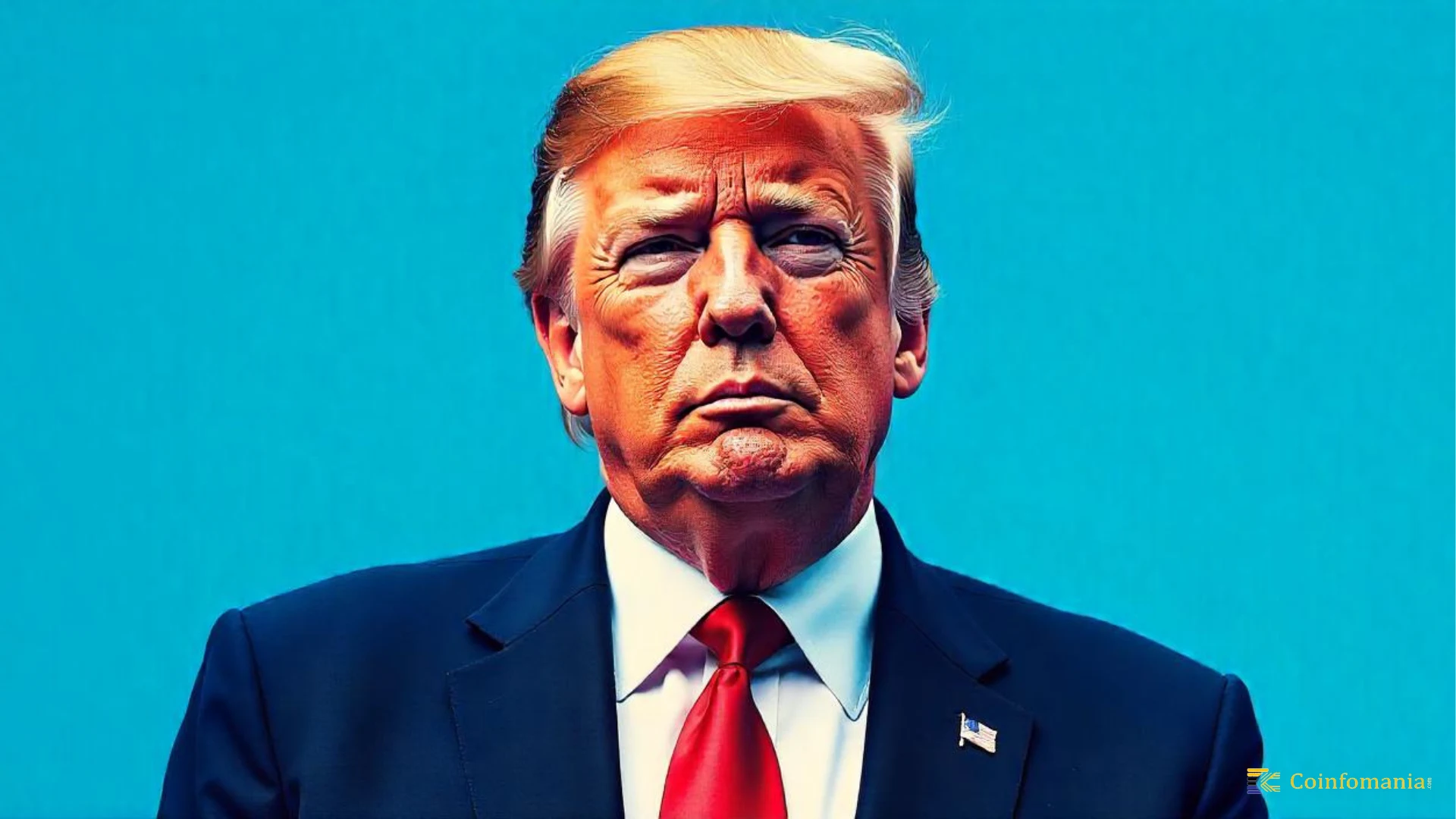Will Trump’s Tariffs Fuel a Bitcoin Boom or Market Collapse?
0
0

President Donald Trump has officially unveiled his highly anticipated trade policy, dubbed “Liberation Day,” imposing a series of new tariffs on key U.S. trading partners. The move, which aims to boost American manufacturing and reduce reliance on foreign goods, has sparked concerns about inflation, economic growth, and, notably, its impact on the cryptocurrency market. With Bitcoin (BTC) and other digital assets reacting sharply to the news, investors are now trying to assess whether this is a temporary setback or a sign of deeper market instability.
New Tariffs and Their Economic Implications
Trump’s policy introduces a 25% tariff on imported goods from Canada and Mexico, alongside a 10% tariff on Chinese imports. The administration argues that these measures will protect American jobs and manufacturing by discouraging reliance on foreign goods. However, many economists warn that these tariffs could lead to higher consumer prices, increased production costs, and heightened inflationary pressures.
Historically, aggressive trade policies have led to economic uncertainties, affecting traditional markets and alternative assets like cryptocurrencies. Investors fear that inflation could rise as businesses pass the increased costs onto consumers, leading to potential shifts in monetary policy from the Federal Reserve. If inflation surges, the Fed may be forced to raise interest rates again, which could negatively impact high-risk assets such as Bitcoin and altcoins.
Crypto Market’s Immediate Reaction
The cryptocurrency market responded swiftly to Trump’s tariff announcement, with major digital assets experiencing sharp declines. Bitcoin saw a significant drop, falling below $100,000 and hitting lows of $92,000 within hours. Ethereum (ETH) also plummeted, losing 24% of its value and dropping to around $2,300. This sudden volatility led to over $2 billion in liquidations in the crypto derivatives market, as over-leveraged traders found themselves caught in the turbulence.
The sell-off highlights crypto’s sensitivity to macroeconomic shifts. Many investors view digital assets as a hedge against inflation and economic uncertainty, but in the short term, sudden policy changes can lead to panic selling. The question now is whether Bitcoin and other cryptocurrencies can recover quickly or if continued economic instability will suppress a rebound.
Expert Opinions: A Weaker Dollar Could Benefit Crypto
While the immediate market reaction has been negative, some analysts suggest that these tariffs could ultimately benefit Bitcoin and other cryptocurrencies in the long run. If trade tensions weaken the U.S. dollar, it could drive more investors toward decentralized assets like Bitcoin as an alternative store of value.
Jeff Park, head of alpha strategies at Bitwise Asset Management, pointed out that economic instability often strengthens Bitcoin’s narrative as “digital gold.” If the dollar weakens, investors may look to hedge their wealth in BTC, potentially fueling a new wave of adoption and price appreciation.
What’s Next for Crypto Investors?
For investors, the current downturn presents both risks and opportunities. While short-term volatility is likely, those with a long-term perspective may see this as a chance to accumulate assets at a discount. However, continued uncertainty in global trade policies means market fluctuations may persist.
As the situation develops, all eyes will be on how traditional markets and policymakers respond to the effects of Trump’s tariffs. Whether this marks a temporary dip or the start of a prolonged correction remains to be seen.
The post Will Trump’s Tariffs Fuel a Bitcoin Boom or Market Collapse? appeared first on Coinfomania.
0
0
 Manage all your crypto, NFT and DeFi from one place
Manage all your crypto, NFT and DeFi from one placeSecurely connect the portfolio you’re using to start.






